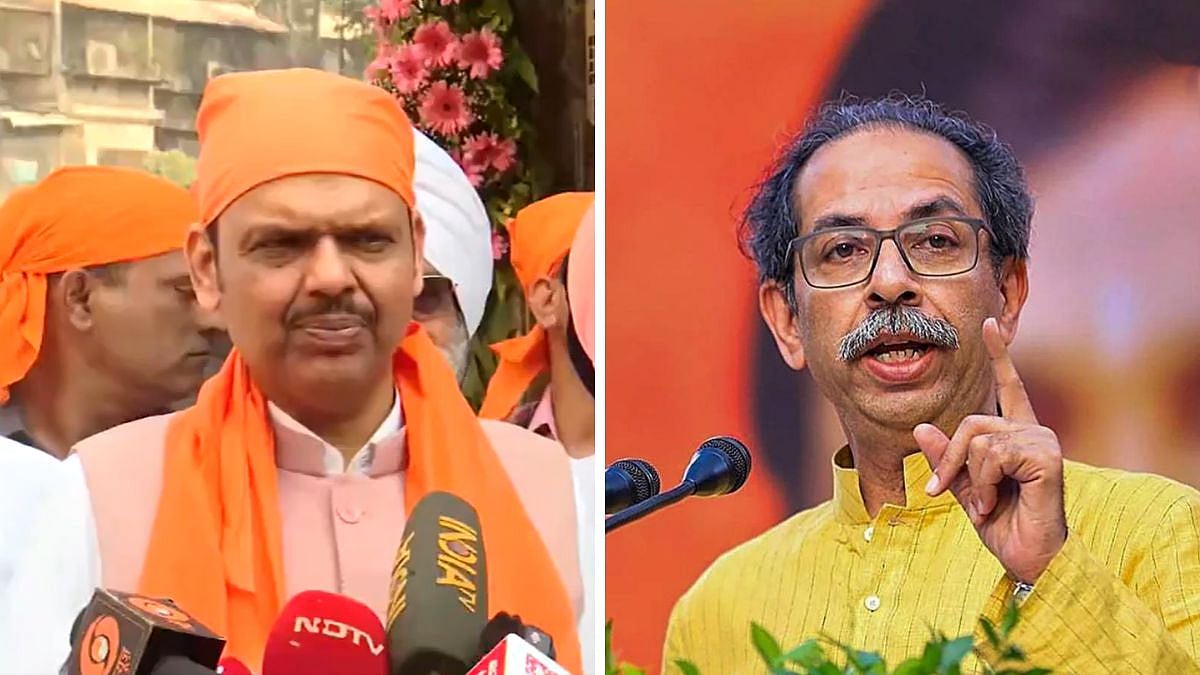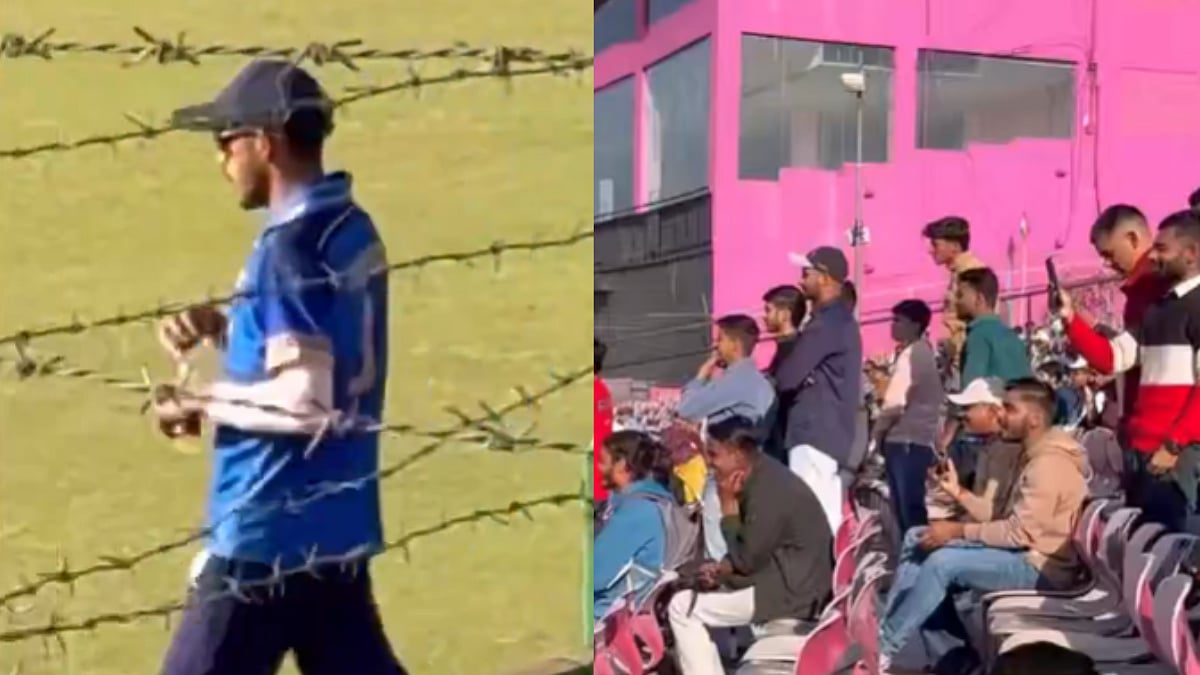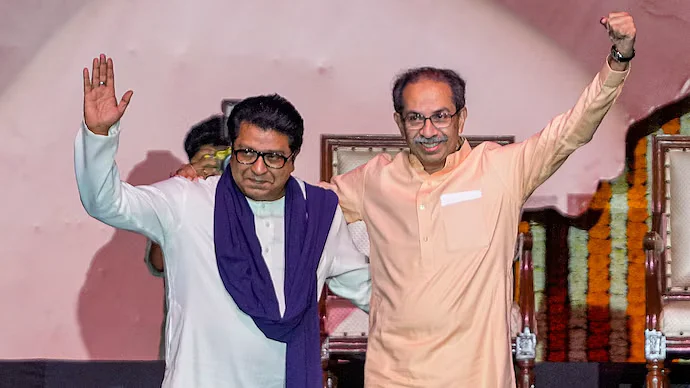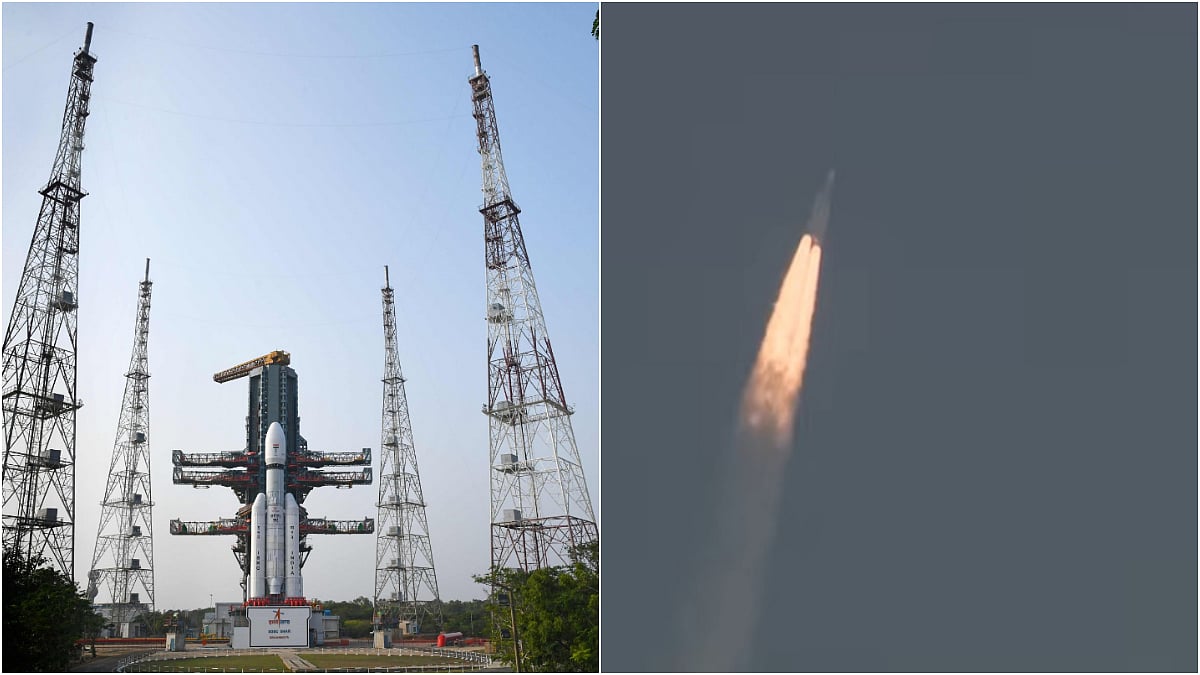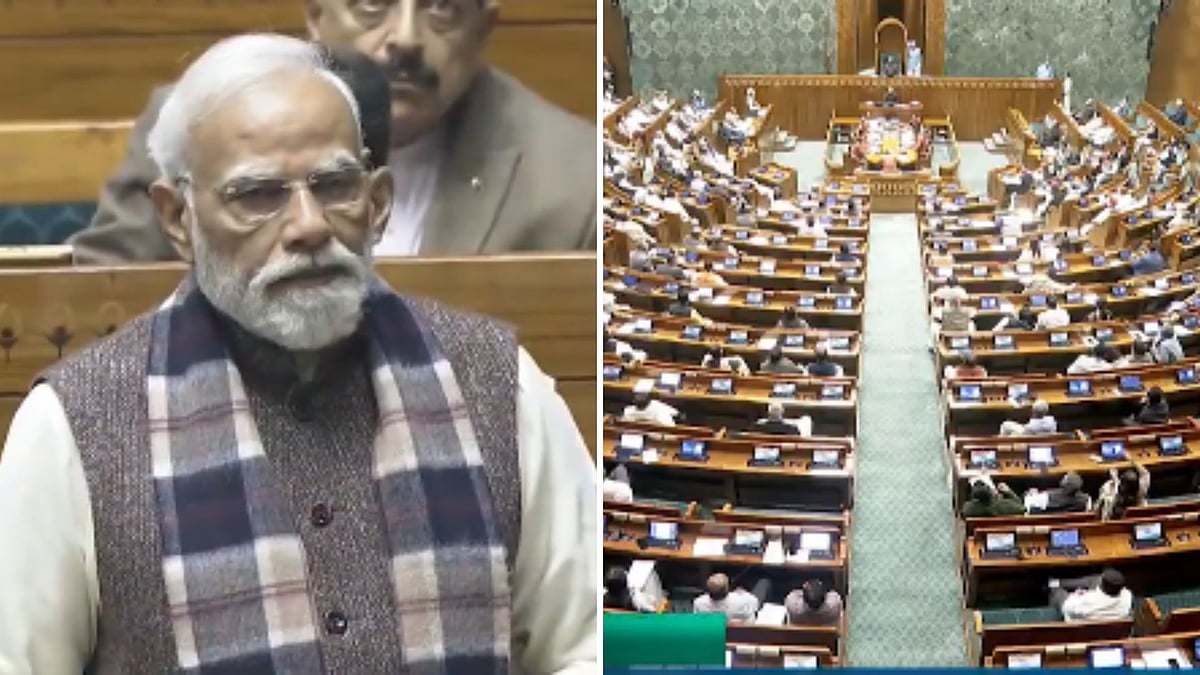It speaks volumes about the Supreme Court’s mounting exasperation that it is now contemplating fixing a deadline for the framing of charges in criminal and civil cases. The court is not rewriting the law; it is exposing a glaring void in it. Under the Bharatiya Nyay Samhita (BNS), the police must file a chargesheet within 60 days in certain cases and within 90 days in more serious cases. Failure to do so entitles the accused to default bail—provided he can muster the means and legal support to apply for it. Yet, this procedural safeguard has, on occasion, been cynically manipulated. There have been instances where the police deliberately delay filing the chargesheet to benefit the accused for political or extraneous reasons. And while that may offend public morality, there is a deeper, far more pernicious problem: the system is silent on the next step. Once the chargesheet is filed, the trial cannot begin until charges are formally framed. And the law provides no timeline—none—for this crucial step.
The result is Kafkaesque. An accused person who is presumed innocent until proven guilty may languish in jail because the court has not framed charges. The process—or rather, the lack of it—becomes the punishment. The Supreme Court is dealing with exactly such a case: an undertrial who has remained behind bars simply because his trial has not begun. That is not justice; it is the negation of justice. If liberty means anything, it means protection from arbitrary and prolonged incarceration. The court has posed a simple but devastatingly logical question: if the law mandates a timeline for the police to submit a chargesheet, why is there no corresponding timeline for courts to frame charges? In other words, if the investigative arm of the state must move swiftly, why is the judicial arm permitted infinite delay? The question strikes at the heart of criminal procedure and legislative responsibility. Parliament, not the judiciary, ought to have foreseen and addressed this lacuna.
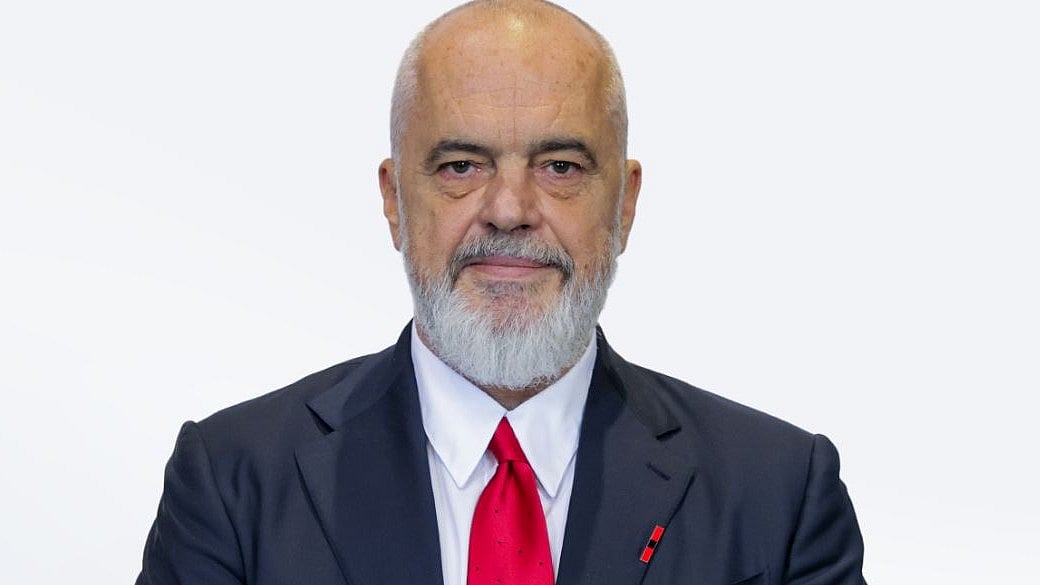
Fortunately, the court has signalled that it will not wait endlessly for legislative wisdom. It has sought assistance from the Union government and appointed an amicus curiae to help frame guidelines—mandatory ones—modelled on the lines of the Vishaka guidelines that protected women at workplaces long before Parliament legislated. This is judicial pragmatism, not judicial overreach. Where liberty is at stake, delay is not merely inefficient—it is unconscionable. India’s prisons hold thousands of undertrials trapped in similar limbo. A criminal justice system that punishes before it adjudicates ceases to be just. The Supreme Court’s initiative must, therefore, be welcomed as a necessary push for procedural fairness. The quicker we set and follow clear deadlines for framing charges, the faster our criminal justice system can win back public trust.


